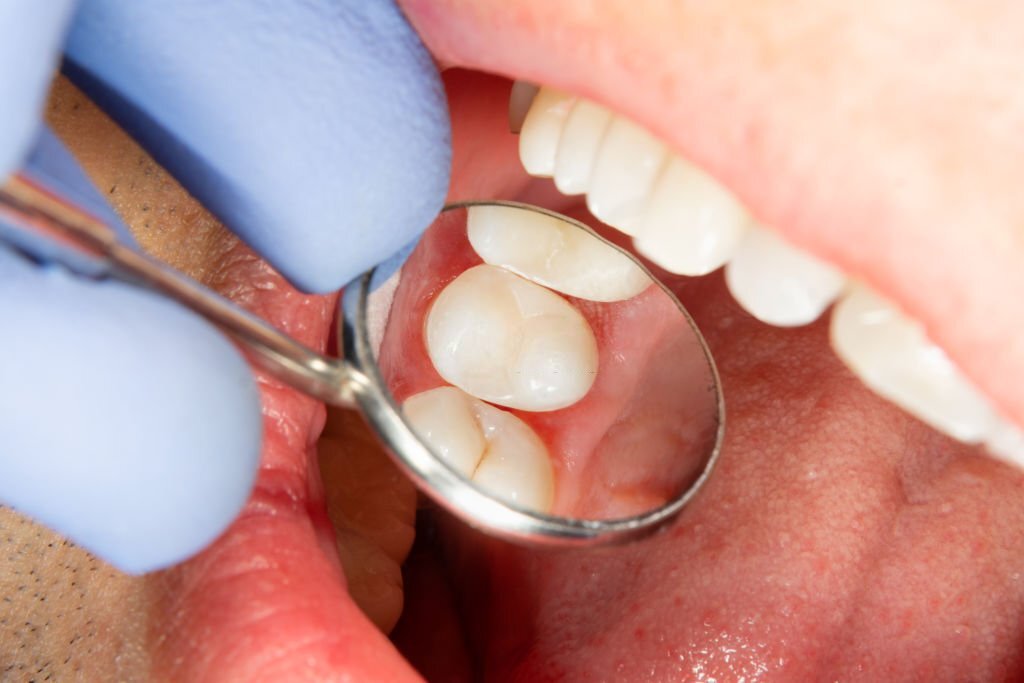If you have suffered from tooth pain and need a root canal, you probably wonder how long the procedure will last. The good news is that a root canal doesn’t hurt any more than a simple filling. It does, however, require a recovery period. After the procedure, your gums will probably be sore from the rubber dam clamp, and your tooth will be painful to chew on.
Depending on the severity of the infection, a complex root canal treatment may require two appointments. The first appointment will be used to remove infected and damaged tissue. Depending on the tooth anatomy, this process can take an hour or more. On the other hand, the front teeth (incisors) will require a shorter appointment, 45 minutes or less. This time does not include time for a crown and filling.
The length of the root canal varies. Teeth with more decay need longer root canals. Additionally, the number of teeth involved in a root canal treatment will also impact the amount of time it takes. If the tooth is a molar, the procedure will take longer. If the patient has a high-quality root canal procedure, the process can last up to 15 years. If you have other teeth in your mouth, a crown can last a lifetime.
After a root canal procedure, several common symptoms that you should watch for include sensitivity, soreness, and discoloration. Depending on the extent of decay, the discoloration can affect the tooth’s front and base. A black or gray spot may indicate extensive decay in the tooth. It is best to schedule an appointment with a dentist as soon as possible to prevent further damage. If your pain persists, a dentist can prescribe over-the-counter pain medications to ease the discomfort.
Generally, a root canal procedure will last from a week to two weeks. Afterward, you will have to wait at least 48 hours for your tooth to heal fully. You may also experience a bit of irritation after the procedure. Your dentist may prescribe an over-the-counter pain reliever or a cold compress to ease the discomfort. After the process, you will need to resume your regular oral hygiene routine, but you should avoid chewing on the treated tooth until the procedure is complete.
Although root canal treatment effectively saves a natural tooth, it can still have problems, including infection. As long as you maintain impeccable oral hygiene, your treated tooth should last. In addition to flossing and brushing your tooth thoroughly, your endodontist may recommend a crown or filling for you. A root canal is also essential if you develop a recurring infection. In that case, you’ll have to undergo another root canal procedure.
A root canal is a standard dental procedure that removes the damaged tooth pulp and seals it against infection. The procedure can be completed in one appointment or may require two. Some dentists specialize in root canals. Your dentist will perform the function in two meetings, depending on the severity of your infection.




